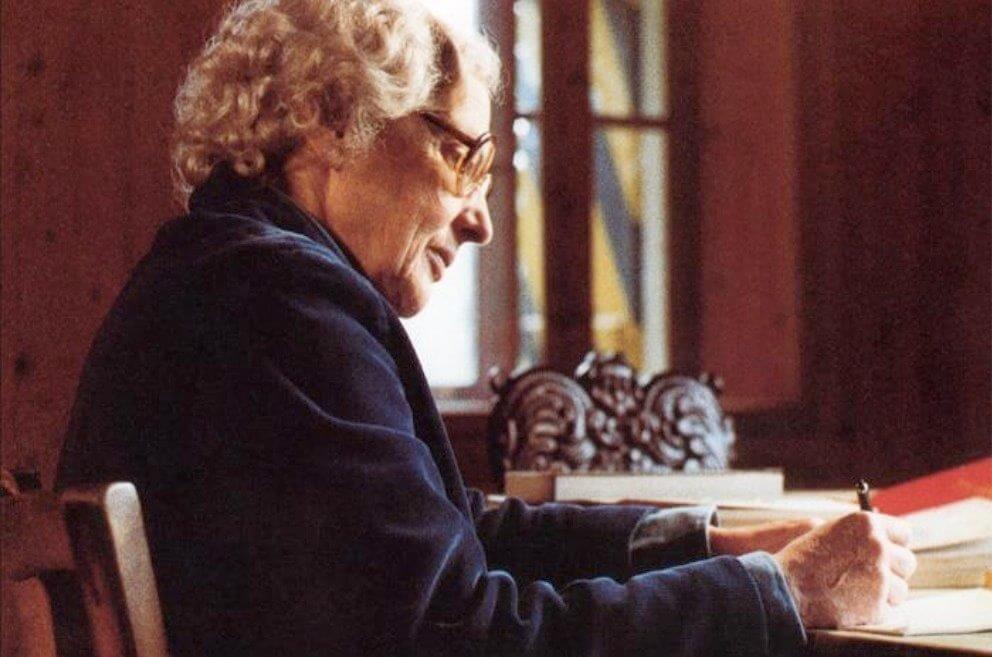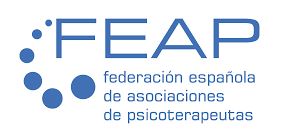post-jungian approaches: brief summary
According Andrew Samuels, he has distinguished three traditions of «post-Jungian» psychology
CLASSICAL
The classical approach tries to remain faithful to what Carl G.Jung proposed and taught in person, and in his 20-plus volumes of work. Prominent advocates of this approach, according to Samuels (1985), include Emma Jung, Marie-Louise von Franz, Joseph Henderson, Aniela Jaffé, Erich Neumann, Gerhard Adler and Jolande Jacobi
DEVELOPMENTAL
The developmental approach is primarily associated with Michael Fordham and his wife, Frieda Fordham. It can be considered a bridge between traditional Jungian analysis and Melanie Klein’s object relation theory . Laings and Goodheart are also often mentioned. Samuels (1985) considers J. Redfearn, Richard Carvalho and himself as representatives of the developmental approach. Samuels notes how this approach differs from the classical by giving less emphasis to the Self and more emphasis to the development of personality; he also notes how, in terms of practice in therapy, it gives more attention to transference and counter-transference than either the classical or the archetypal approaches
ARCHETYPAL
One archetypal approach, sometimes called «the imaginal school» by James Hillman, was written about by him in the late 1960s and early 1970s. Its adherents, according to Samuels (1985), include Murray Stein, Rafael Lopez-Pedraza and Wolfgang Giegerich, Thomas Moore also was influenced by some of Hillman’s work. Marion Woodman who proposes a feminist viewpoint regarding archetypal psychology
Here you can watch some interesting videos
Marie Louise von Franz Jung’s Dream of Disaster
Marie-Louise von Franz – The shadow

Red Book C.G. Jung




